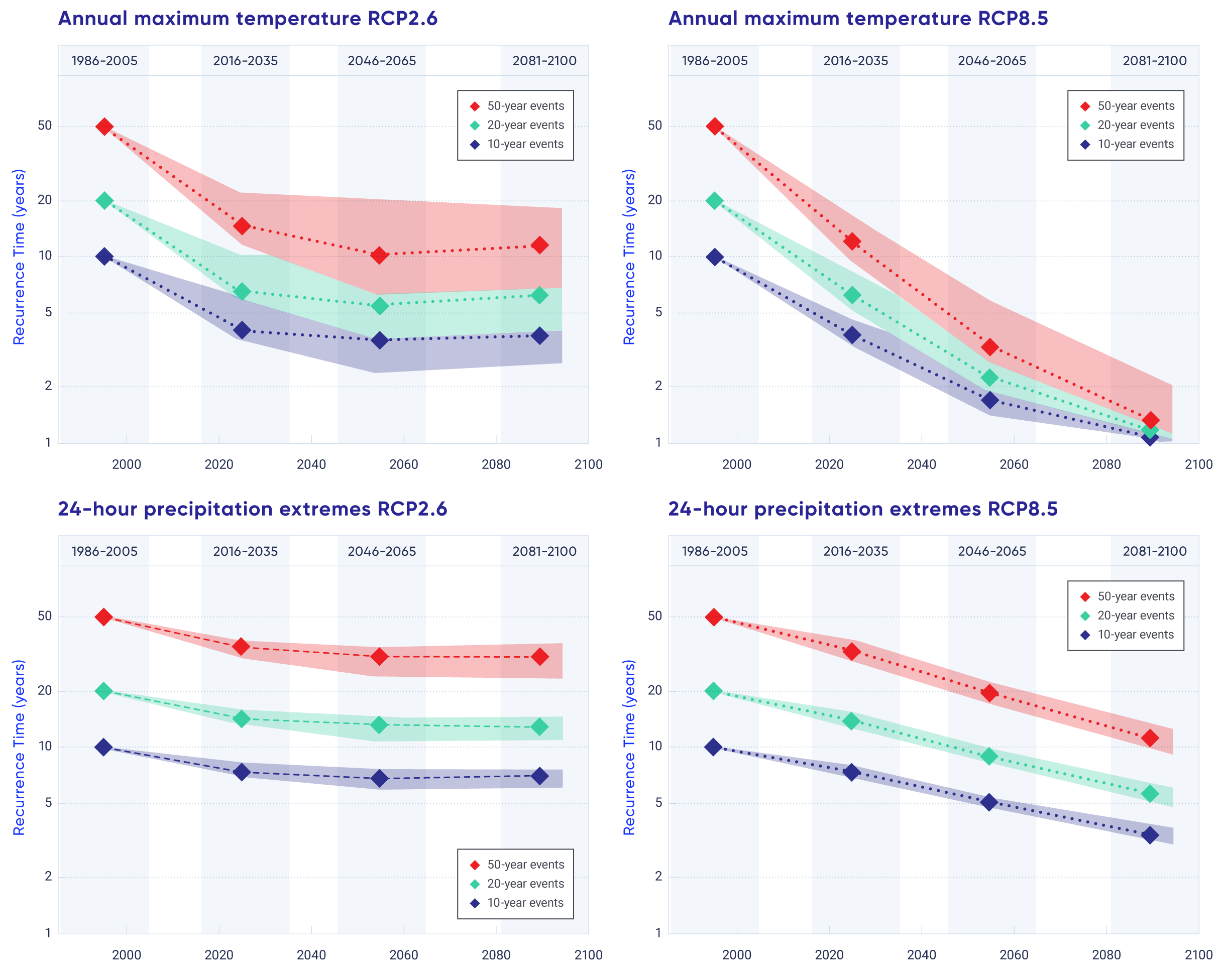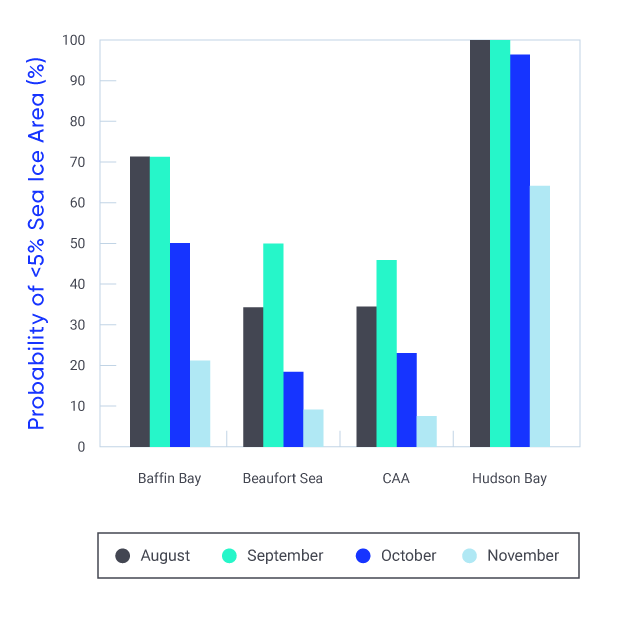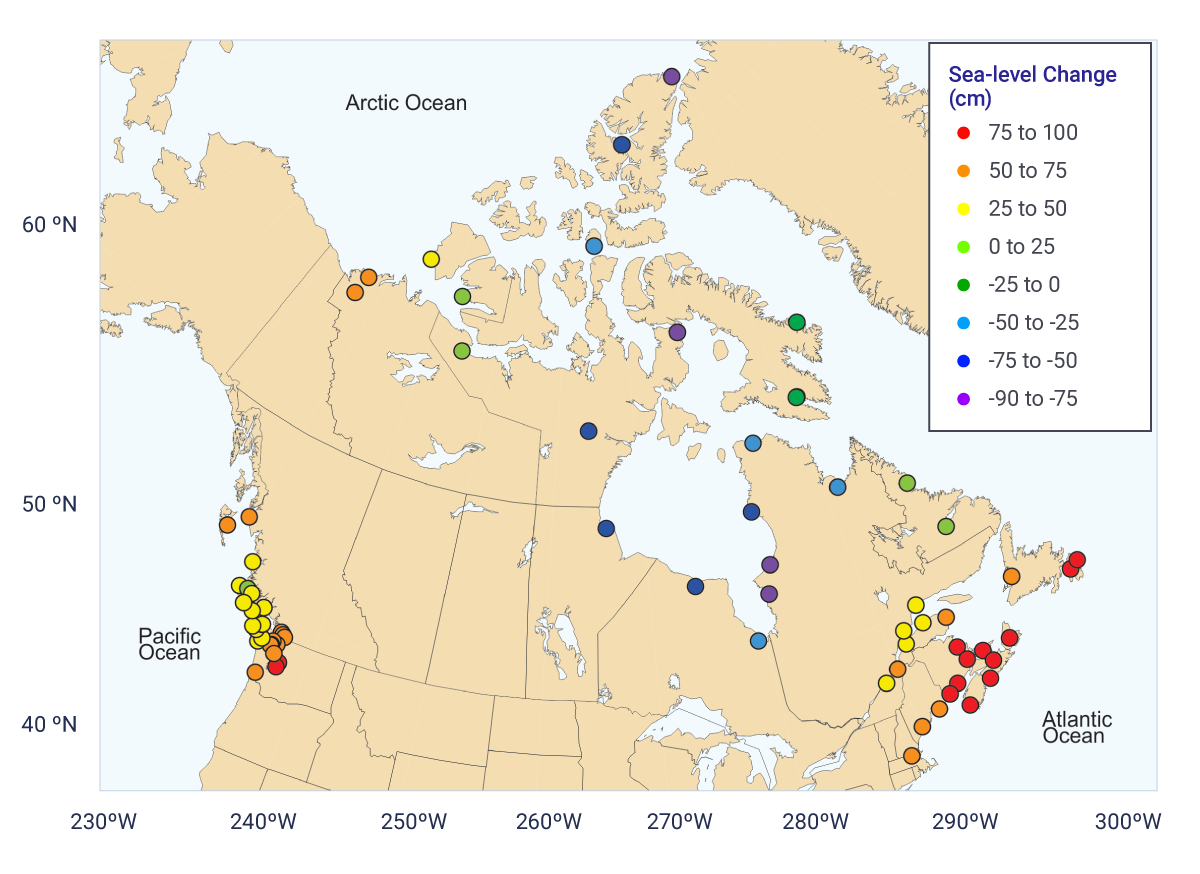Canada's changing climate report
Vegan Society of Canada News
April 4th 2019
A new report co-authored by Environment and Climate Change Canada, Fisheries and Ocean Canada and Natural Resources Canada is doing a great job of putting into perspective the threat of climate change, as described in the latest IPCC report, in a Canadian context.
The Canadian story is potentially more catastrophic then the global one. Canada has been warming at an estimated 1.7°C since 1948, or a little more than double the global average of 0.8°C. Furthermore, the report echo the IPCC finding that our emission need to be reduced drastically immediately to be able to reach net-zero in 2050. If we fail the consequence will be catastrophic with warming potentially reaching an average of 6.3°C and as high as 11°C in Northern Canada under a high emission scenario. It is important to remind ourselves that the temperature difference between the last ice age and now was about 4°C to 7°C and took 5 thousand years so a 6.3°C warming in 100 years is unprecedented and with potentially catstrophic consequences.
With regards to the potential impact of a 6.3°C increase, the report predict that extreme temperature of the sort that occured every 50 years will now happen yearly.

It also predicts that the Hudson Bay will most likely be ice free year round by 2050 let alone 2100

Furthermore, even under a medium emission scenario the report predict that
Most small ice caps and ice shelves in the Canadian Arctic will disappear by 2100
Sea level change won’t escape our foolishness with decreases of up to 90 centimeters, and increases ranging from 50 centimetres on the Pacific coast to 1 meter on the Atlantic Coast.

However the report reminds us that we are not only the cause of this problem but also the solution
Beyond the next few decades, the largest uncertainty about the magnitude of future climate change is rooted in uncertainty about human behaviour, that is, whether the world will follow a pathway of low, medium, or high emissions
As the previous IPCC report and our latest Canadian Food Guide reminds us our food choices have consequences, and will be an integral part of ever hoping to meet, let alone exceed, our goals of limiting temperature increase by 2100 to 1.5°C.
A change of lifestyle offers individuals a powerful means to combat a range of issues, including personal health problems, climate change, loss of biodiversity, global acidification, eutrophication, freshwater shortages, pandemic prevention, antibiotic resistance, save countless lives and much more. We know of no other efficient way for individuals to address these critical challenges simultaneously without waiting for government, corporate, or technological interventions. By changing lifestyle, people can take immediate and impactful action. We encourage you to embrace this lifestyle change today. Contact us for support and to connect with local communities in your area.




